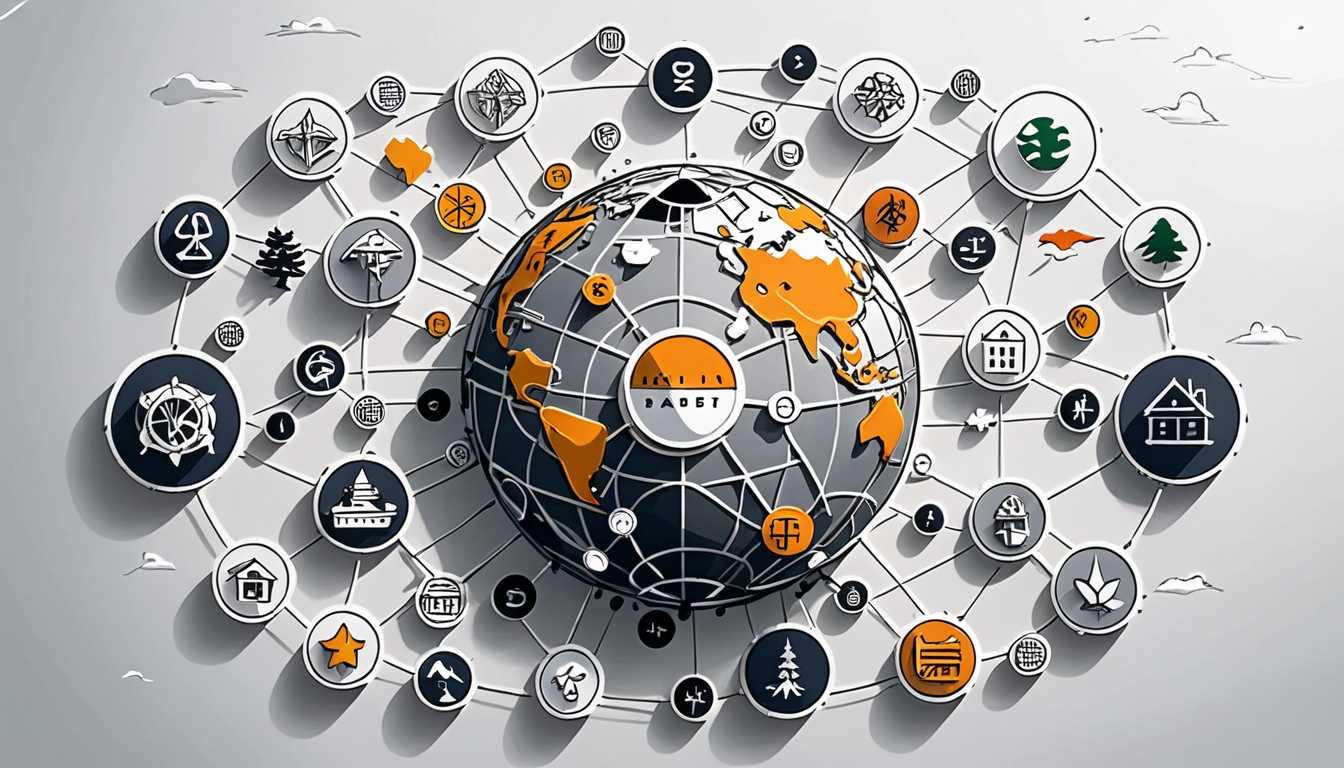Carbon's True Cost: A Climate Wake-Up
September 2022
UC Berkeley
Introduction
Dive into the world of carbon economics with UC Berkeley's latest revelation: the social cost of carbon is a whopping 3.6 times higher than the U.S. government's estimate, clocking in at $185 per ton! This isn't just about numbers; it's a clarion call for more aggressive climate action. With cutting-edge research, this study shakes up the status quo, urging a rethink of climate policies. Ready to explore how this could change everything from policy to your future energy bill?
READ FULL ARTICLEWhy It Matters
Discover how this topic shapes your world and future
Turning Up the Heat on Climate Change
Why should you care about the social cost of carbon? Imagine every ton of carbon dioxide released into the atmosphere is like adding a tiny bit of heat to our planet. Now, a new study shows that the heat comes with a hefty price tag, more than triple what the U.S. government previously estimated. This isn’t just about numbers; it’s about understanding how our actions today shape our world tomorrow. It’s about realizing that reducing carbon emissions can lead to significant social and economic benefits. For you, this topic is a gateway to understanding the complexities of climate change, its impact on our lives, and how we can make a difference. It’s a call to action, encouraging you to think critically about the world and your role in it.
Speak like a Scholar
Social cost of carbon
The estimated financial cost of emitting one additional ton of carbon dioxide into the atmosphere, taking into account the future damage it will cause.
Greenhouse gas emissions
Gases like carbon dioxide and methane that trap heat in the Earth's atmosphere, leading to global warming and climate change.
Socioeconomic projections
Predictions about future changes in society and the economy, such as population growth, technological advancements, and changes in wealth.
Climate models
Scientific models that simulate the interactions of the important drivers of climate, including the atmosphere, oceans, land surface, and ice. They are used to understand past climate changes and predict future ones.
Risk evaluation methods
Techniques used to assess the probability and impact of uncertain future events, often used in the context of climate change to understand potential dangers and damages.
Discounting
A method used in economics to compare costs and benefits that occur at different times, typically by valuing future costs and benefits less than present ones.
Independent Research Ideas
Exploring the role of technology in reducing carbon emissions
Investigate how emerging technologies, such as carbon capture and storage, renewable energy sources, or electric vehicles, could lower the social cost of carbon.
The impact of policy changes on greenhouse gas emissions
Analyze how different government policies around the world have succeeded or failed in reducing emissions and what lessons can be learned from them.
Climate change and global health
Examine how climate change could affect global health, focusing on issues like heatwaves, spread of diseases, and access to clean water.
Economic benefits of transitioning to a green economy
Explore the potential economic gains from shifting away from fossil fuels towards more sustainable energy sources, considering job creation, energy costs, and social benefits.
The psychological effects of climate change
Delve into how awareness of climate change impacts mental health and what strategies can be developed to cope with climate anxiety and motivate positive action.
Related Articles

Bitcoin Mining: A Carbon Footprint Crisis
November 2024
LSE Business Review

Heat Pumps: Equality's New Frontier
June 2023
MIT Technology Review

Exxon's Climate Contradiction: Science vs. Public
January 2023
Harvard Magazine

Carbon Markets: Promise or Peril?
November 2023
MIT Technology Review

Voluntary Carbon Markets: Hype or Hope?
October 2024
LSE Business Review